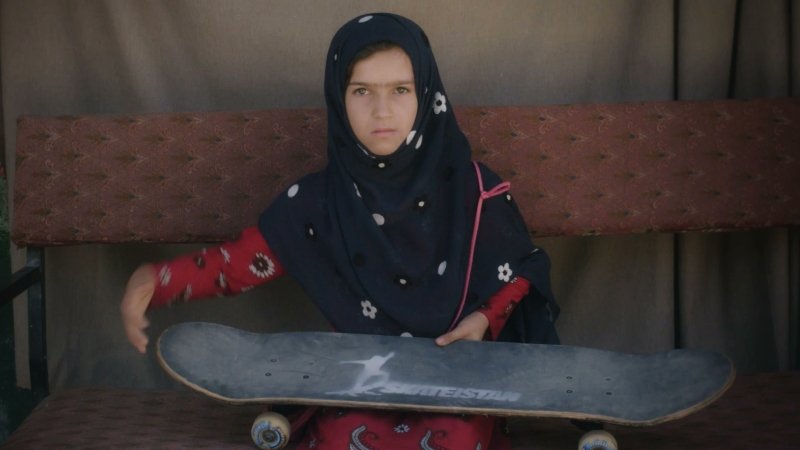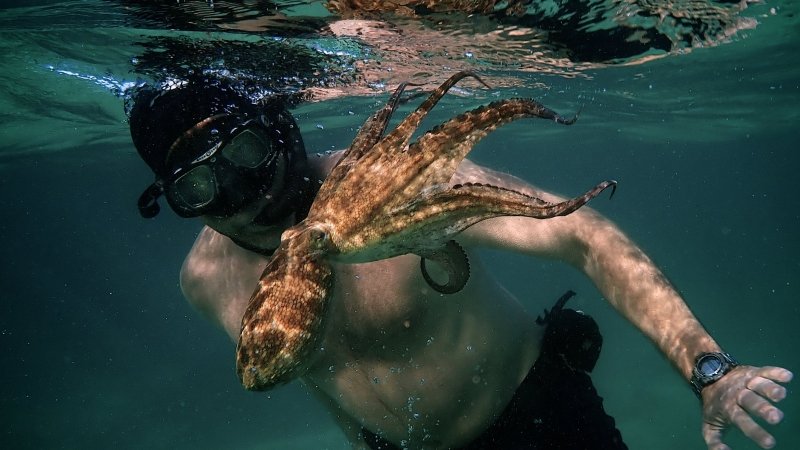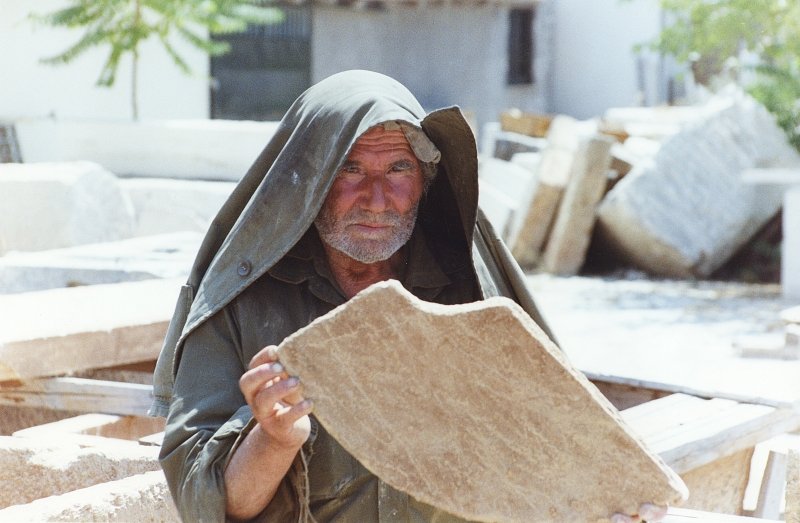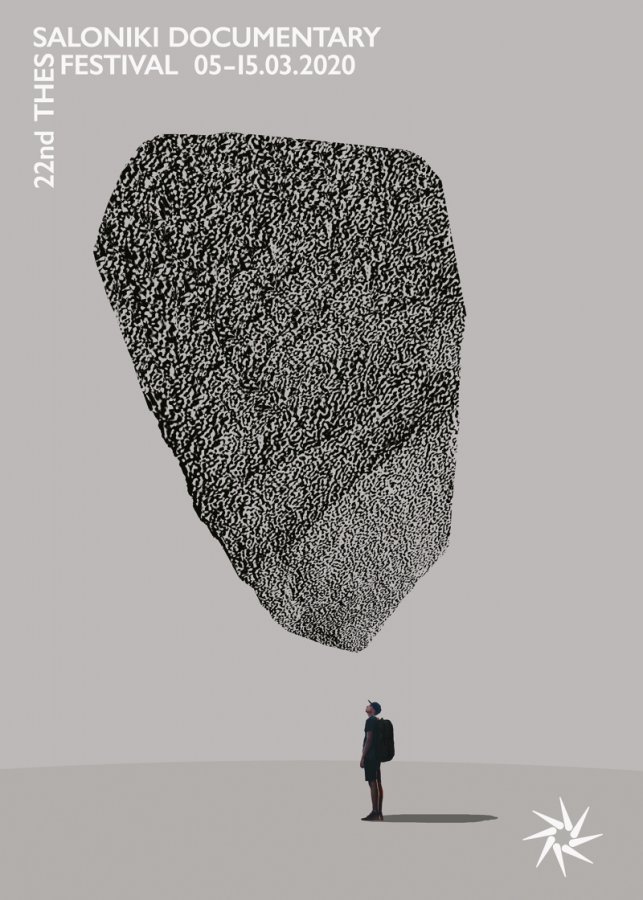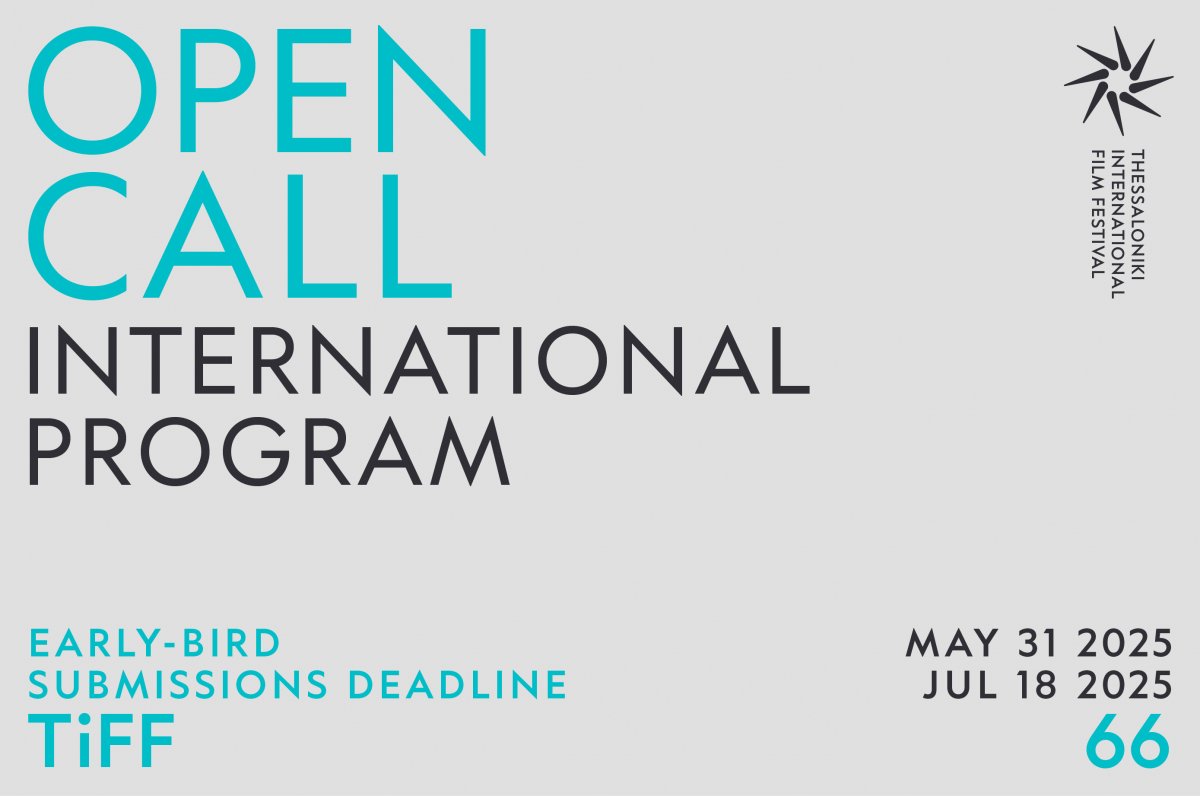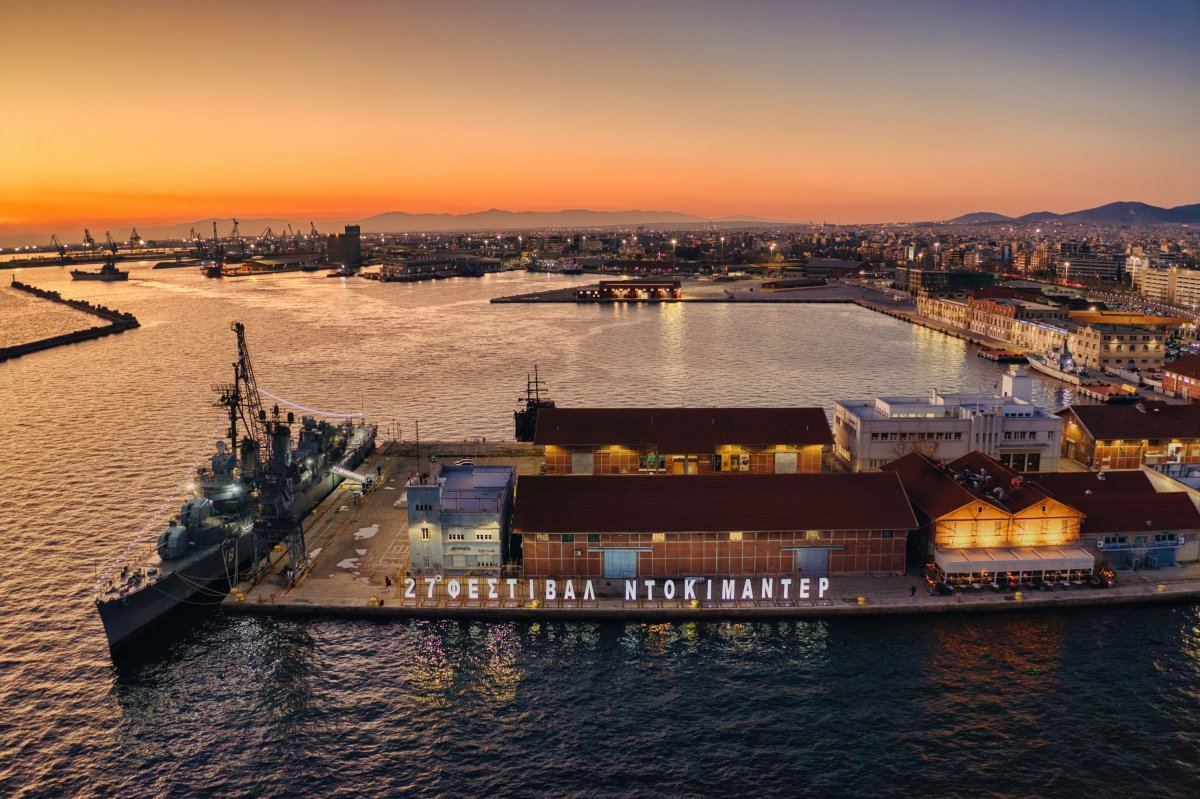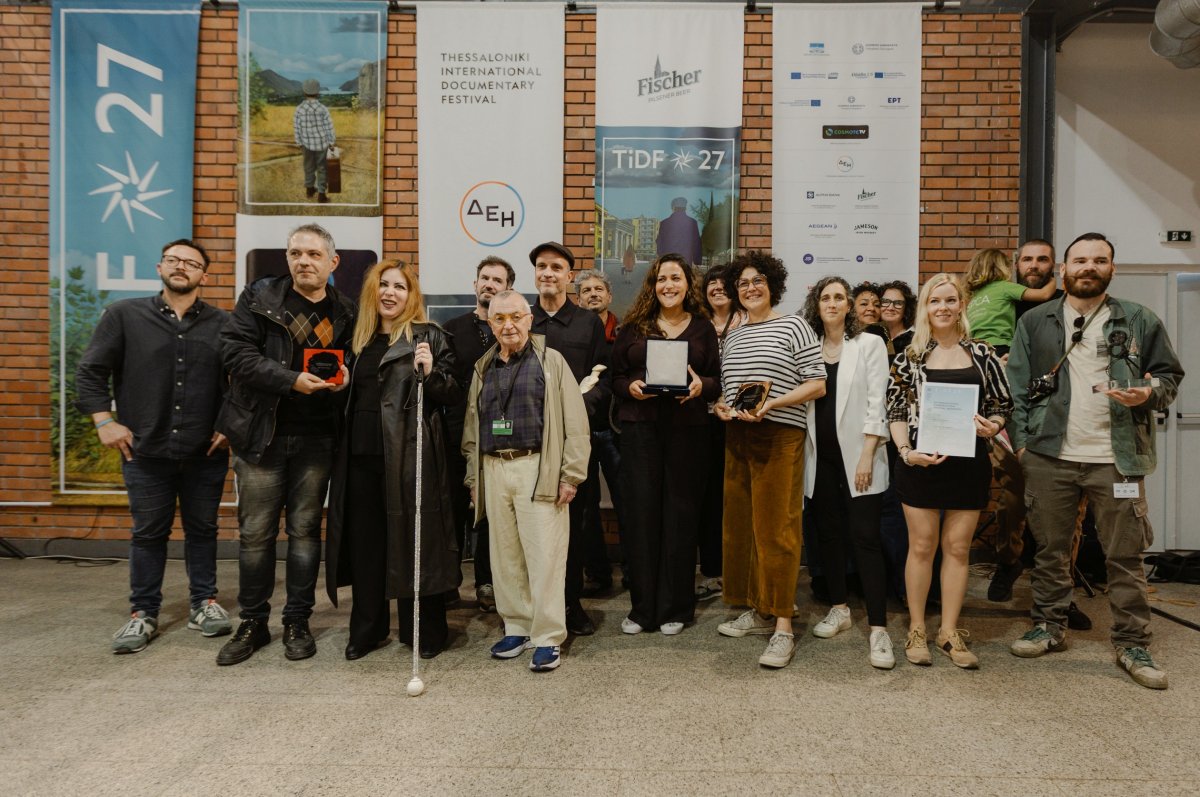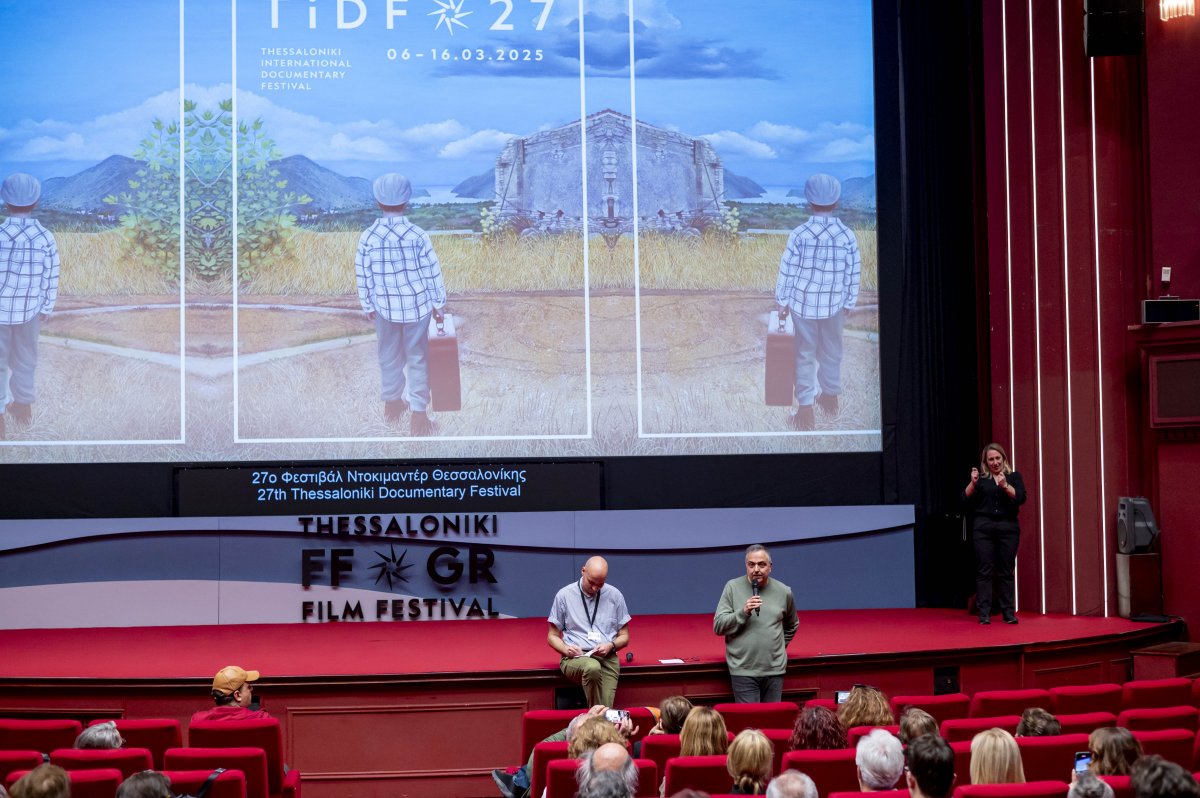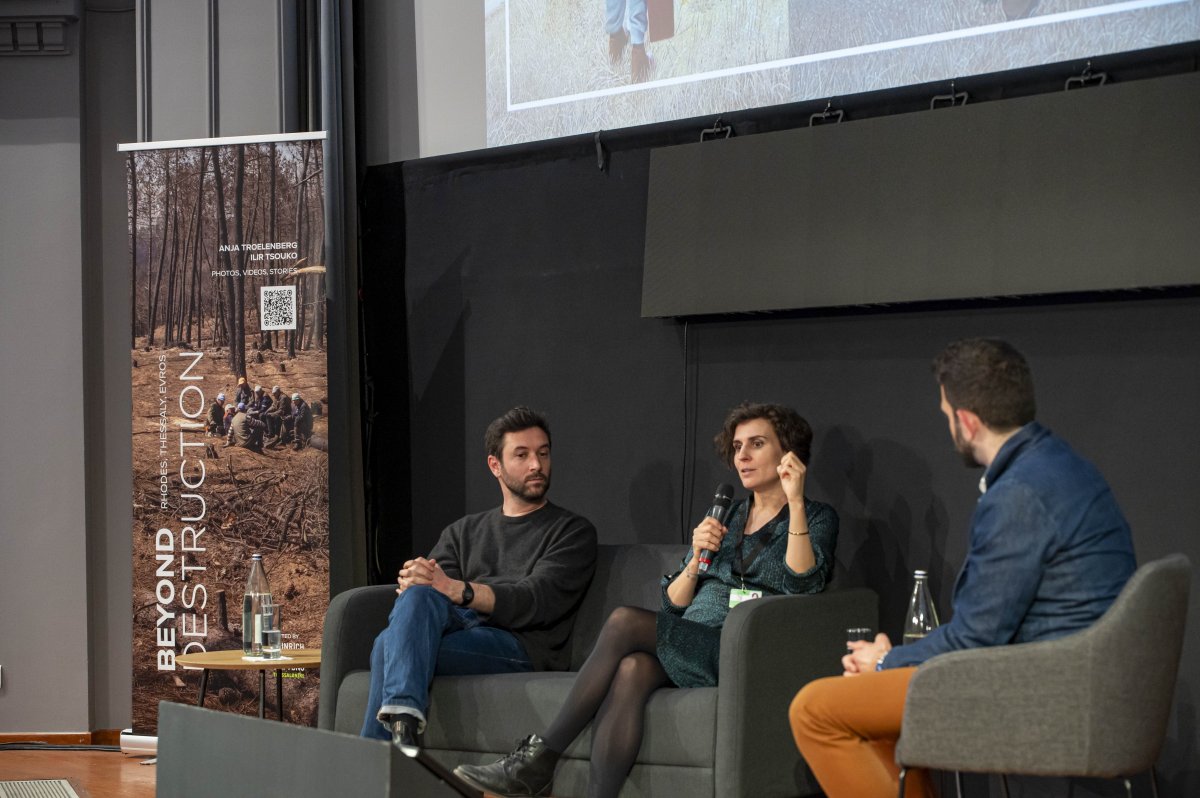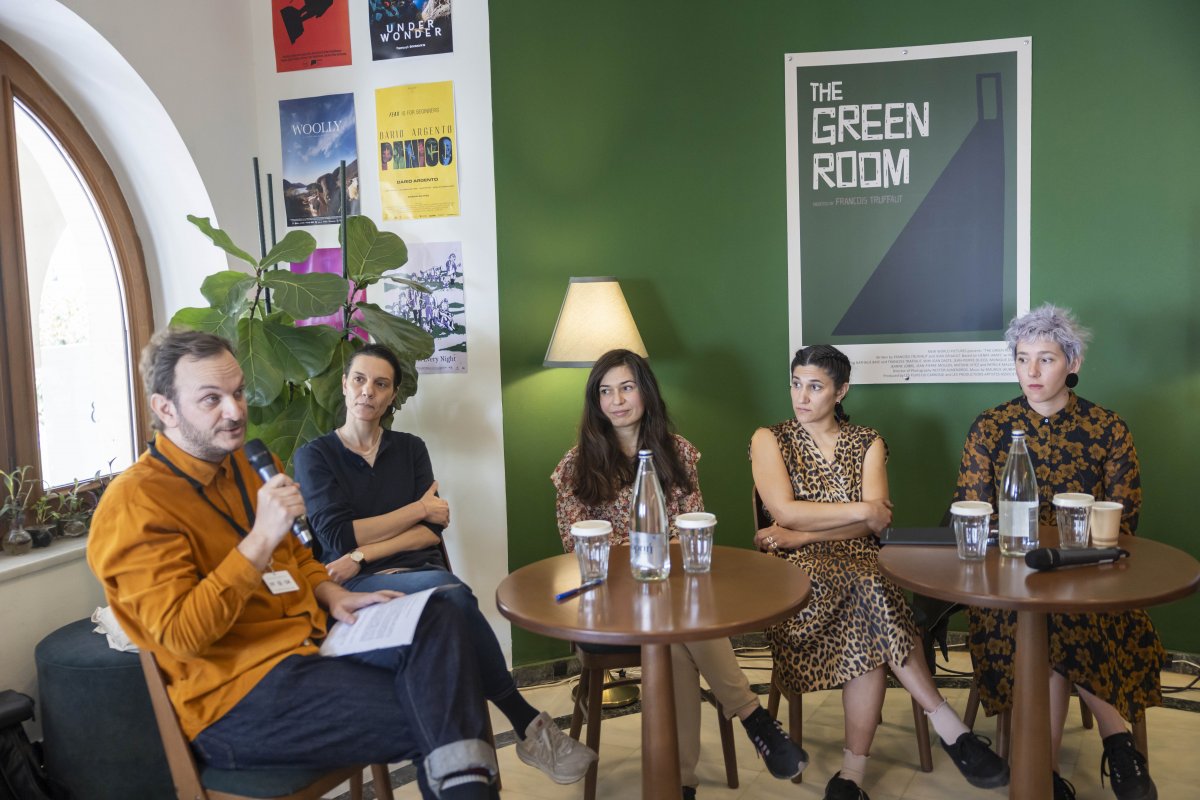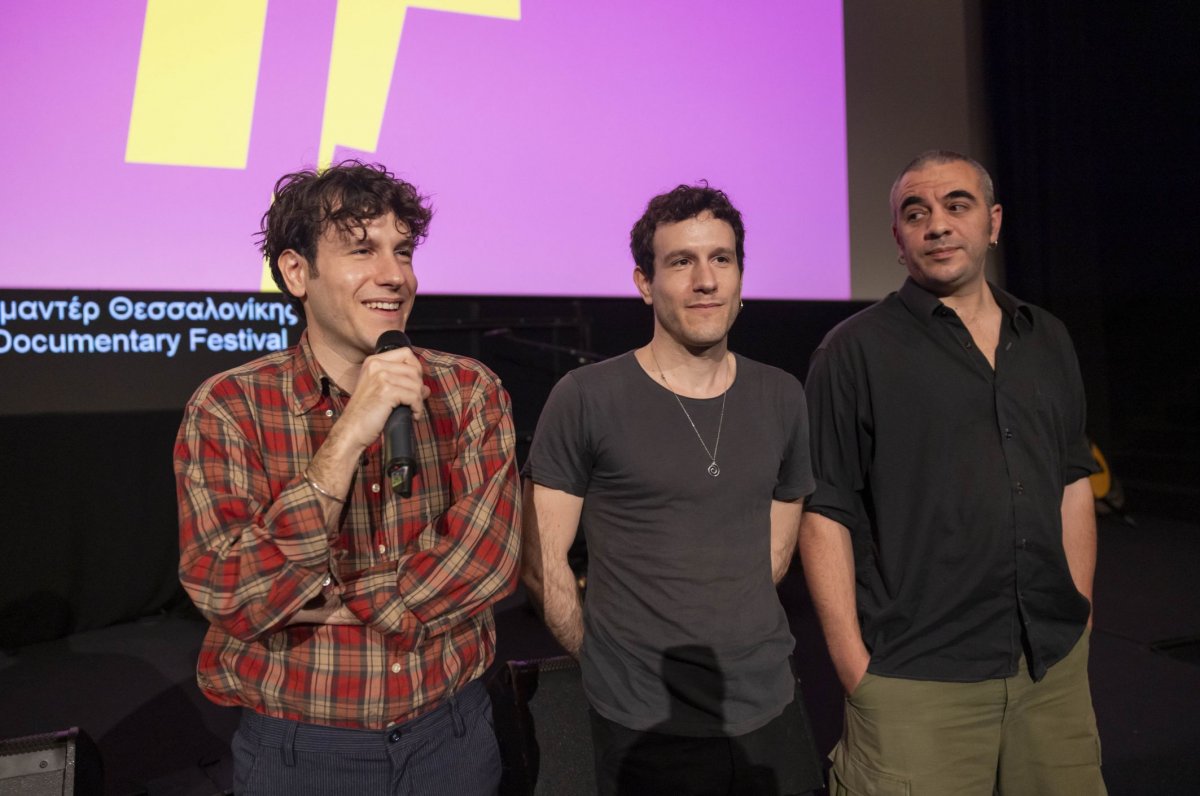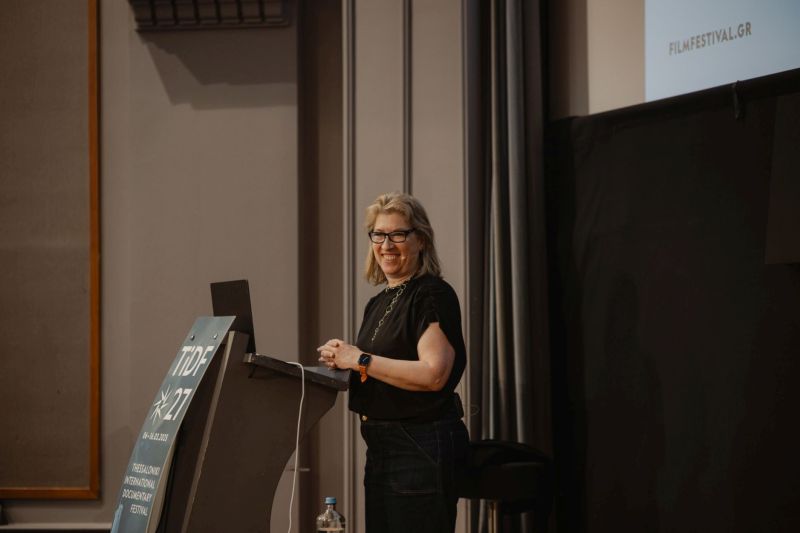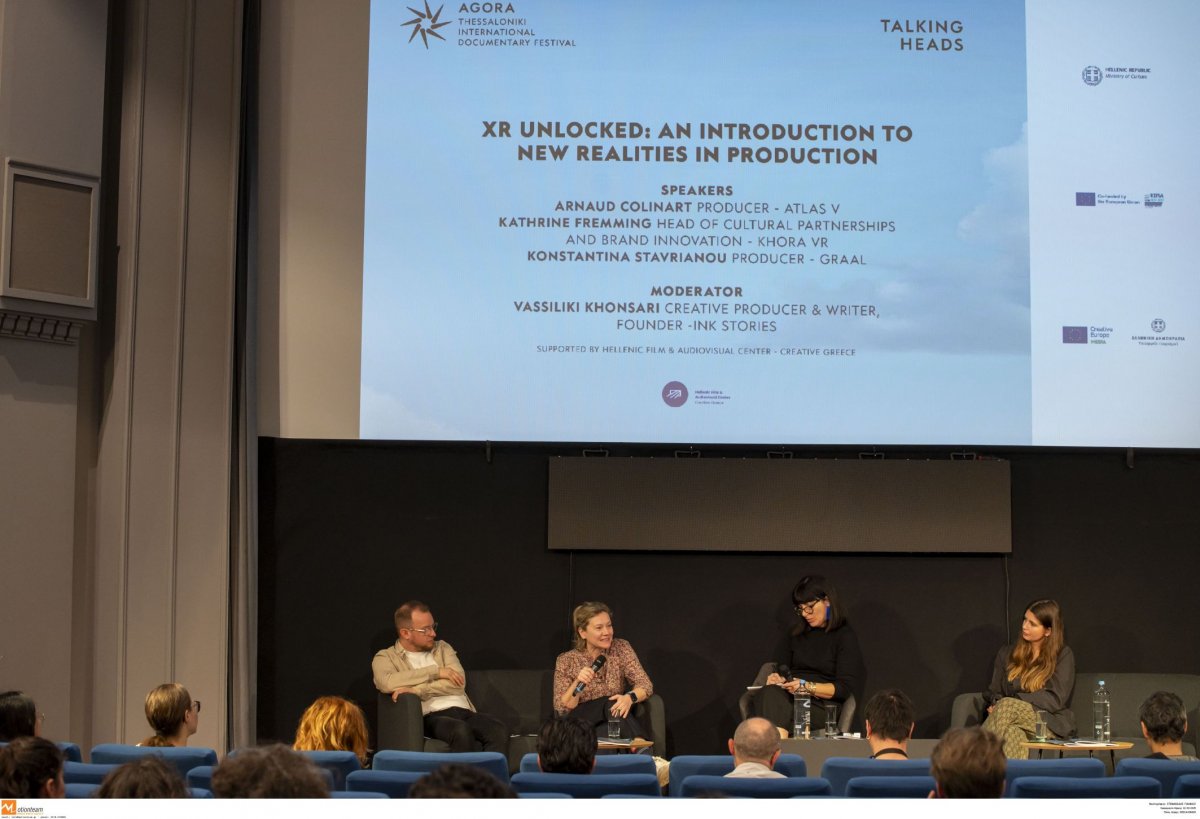From the Oscars to Thessaloniki
News
For more information please contact Press and Communication Department.
22nd TDF: Anthropocene Tribute - Opening Film
www.filmfestival.gr
How does the human presence on Earth unsettle the balance and endanger the future of our planet? The 22nd Thessaloniki Documentary Festival explores a topic of geological, environmental, social, philosophical, political and cultural facets through an original and provocative tribute on the Anthropocene Epoch. Among the documentaries of the tribute, we find the moving opening film of the 22nd TDF, My Octopus Teacher by Philippa Ehrlich and James Reed, which will have its world premiere in Thessaloniki.
22nd TDF: Greek Program
www.filmfestival.gr
27 short and 51 feature Greek documentaries will be screened in the 22nd Thessaloniki Documentary Festival in the International Competition section Feature Length, Newcomers and Film Forward and in the Open Horizons, From screen to Screen and Platform sections.
Masters of Documentary at the 22nd TDF
www.filmfestival.gr
We are happy to announce the faces of the 22nd TDF. Legendary French photographer of Magnum agency, Raymon Depardon, Lauren Greenfield who chronicles the vast wealth in the USA and avant-garde French-Colombian Laura Huertas Millán will come to the 22nd Thessaloniki Documentary Festival (5 – 15/3/2020) for three tributes that are bound to change our perspective on reality.
The visual identity of the 22nd TDF
www.filmfestival.gr
The 22nd Thessaloniki Documentary Festival will soon announce an unexpected tribute that touches upon cinema, other forms of art, philosophy and geology. It explores the disturbed coexistence between man and planet. That same relationship is also explored in the 22nd TDF’s poster that designer Sakis Stritsidis created.


